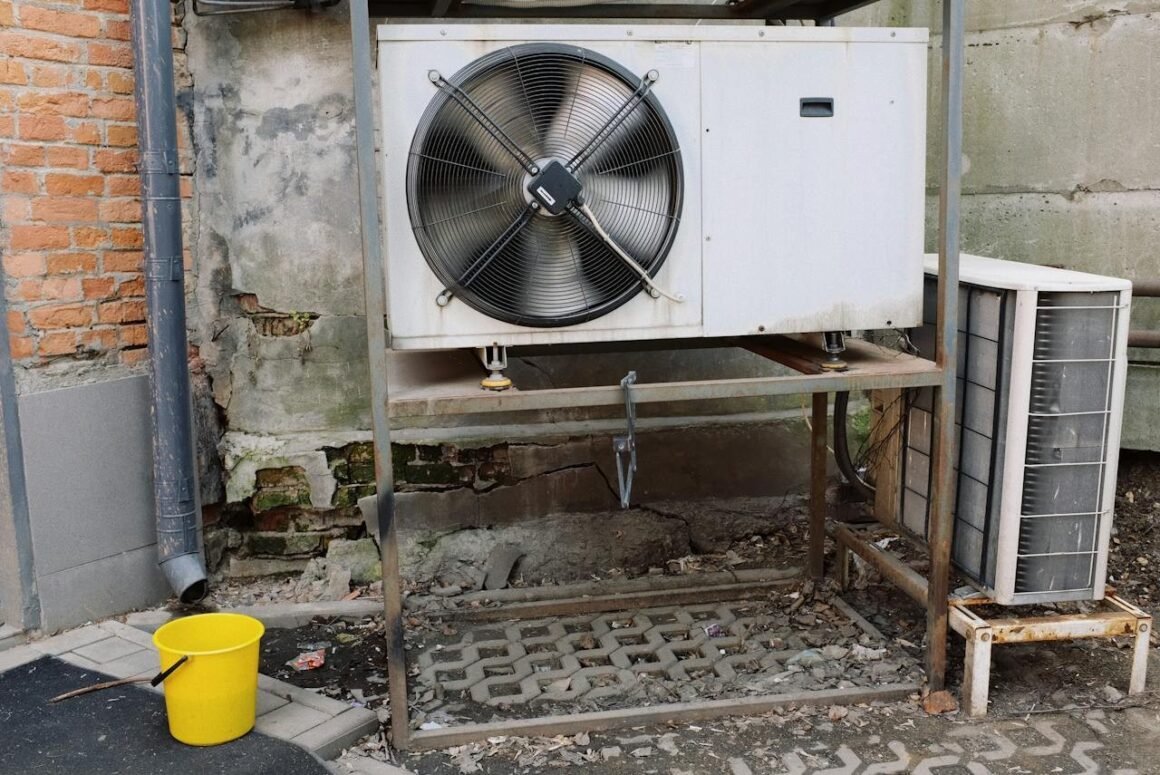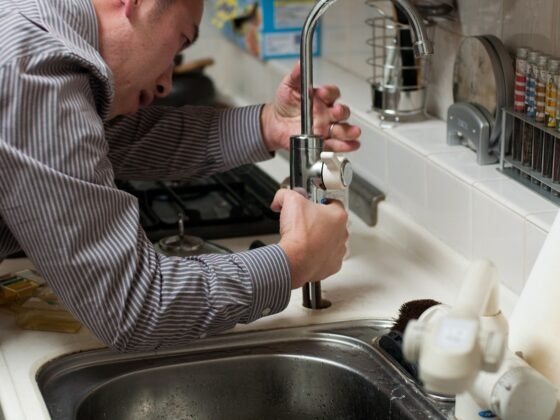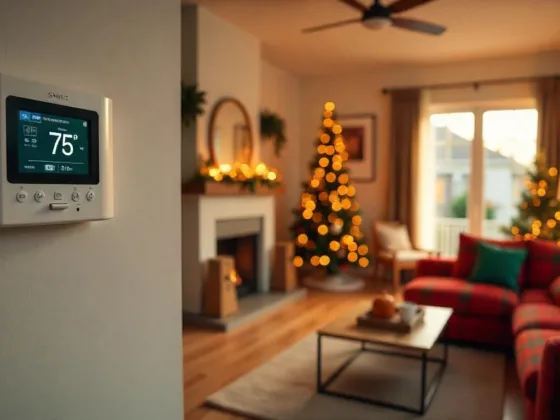Table of Contents Show
Understanding your home’s HVAC (Heating, Ventilation, and Air Conditioning) system is key to keeping your home safe and healthy. In Hickory, North Carolina, a city known for its rich history in furniture manufacturing and a vibrant cultural scene, the weather can vary significantly throughout the year, making a reliable HVAC system essential for residents. From sweltering summers to chilly winters, your HVAC system plays a crucial role in ensuring your home’s temperature is regulated and air quality is maintained.
An HVAC system is more than just a heating and cooling unit; it’s a complex system that requires regular maintenance and understanding to function efficiently. Whether you’re a new homeowner or looking to improve your knowledge about your existing system, there are several important aspects to consider.
In this article, we’ll explore key things to know about your home HVAC system, from understanding different types of systems to maintenance tips and energy efficiency. Let’s dive into some essential information about your home’s HVAC system to help you keep your home comfortable year-round.
1. Know the Types of HVAC Systems
HVAC systems come in many varieties, and each may suit different needs and home layouts. Common types include central air conditioners, furnaces, heat pumps, and ductless mini-splits. Each system has its advantages and is designed to meet specific heating and cooling requirements. Central air conditioners are ideal for cooling large spaces and can be paired with a furnace for heating. Furnaces are a common heating solution and can use different fuel sources. Ductless mini-splits offer flexible solutions for homes without ductwork.
2. Understand How Heat Pumps Work
Heat pumps are a popular choice for both heating and cooling homes, especially in areas with milder climates like Hickory. If you want to know more about Heat pumps in Hickory, NC, consider consulting local experts like Canella Heating & Air Conditioning Inc.
These pumps work by transferring heat from one place to another instead of generating heat, making them an energy-efficient option. In the winter, they extract heat from the external environment and transfer it inside, and in the summer, they reverse the process to cool your home. Heat pumps are particularly effective in climates where extreme temperatures are rare.
3. Regular Maintenance is Key
Regular maintenance is essential for keeping your HVAC system running efficiently. This includes changing air filters, cleaning ducts, and having professional inspections. Regular check-ups can prevent costly repairs, extend the life of your system, and ensure it operates at peak efficiency. Neglecting maintenance can lead to decreased performance, higher energy costs, and a shortened lifespan of your HVAC system.
4. Replace Air Filters Regularly
One of the simplest yet most effective ways to maintain your HVAC system is to replace air filters regularly. Dirty filters restrict airflow and reduce efficiency, leading to higher energy bills and potential system damage. Check your filters monthly and replace them every 1-3 months, depending on usage. Consider the type of filters you use, as some high-efficiency filters can capture more pollutants and improve indoor air quality.
5. Consider the System’s Age
The age of your HVAC system can impact its efficiency and performance. Most systems have a lifespan of 10-15 years. If your system is approaching or exceeding this age range, it may be time to consider a replacement. Older systems are less efficient and more prone to breakdowns. Investing in a new system can provide better comfort, efficiency, and reliability. Additionally, newer systems often come with advanced features and better environmental standards.
6. Energy Efficiency Matters
Energy efficiency is an important factor to consider for your HVAC system. Higher efficiency systems can significantly reduce your energy bills and environmental footprint. Look for systems with a high SEER (Seasonal Energy Efficiency Ratio) rating for cooling and a high AFUE (Annual Fuel Utilization Efficiency) rating for heating. Energy-efficient HVAC systems not only lower operating costs but also often provide improved performance and comfort levels. Investing in an energy-efficient system can be more cost-effective in the long run due to savings on utility bills.
7. Understand Zoning Systems
Zoning systems allow you to control the temperature in different areas of your home independently. This can lead to increased comfort and energy savings, as you can heat or cool only the areas that are in use. Zoning systems can be especially beneficial in larger homes or homes with varying occupancy levels. They use multiple thermostats and dampers in the ductwork to direct air where it’s needed, which can be particularly useful for rooms with different temperature needs or those that are not used frequently.
8. Be Aware of Indoor Air Quality
Your HVAC system plays a significant role in maintaining indoor air quality. Factors like humidity levels, ventilation, and air filtration contribute to the air quality in your home. Consider adding humidifiers, dehumidifiers, or air purifiers to your system to improve air quality and comfort. Regular duct cleaning and using high-quality air filters can also enhance the air quality, reducing allergens and pollutants in your home.
9. Know When to Call a Professional
While some basic maintenance tasks can be performed by homeowners, it’s important to know when to call a professional. Complex repairs, installations, and annual inspections should be conducted by licensed HVAC technicians to ensure safety and proper functioning. An experienced professional can identify issues that might not be obvious to a homeowner and can provide solutions that prolong the lifespan and efficiency of your system.
10. Consider Smart Thermostats
Smart thermostats offer advanced control over your HVAC system, allowing you to adjust settings remotely and set automatic schedules. These thermostats can learn your preferences and make energy-efficient adjustments, potentially saving you money on your energy bills. Features like usage tracking and alerts can also help you monitor your heating and cooling patterns and make informed adjustments for greater efficiency.
11. Insulate Your Home Properly
Proper insulation is key to maximizing the efficiency of your HVAC system. Ensure that your home is well-insulated, particularly in areas like the attic, walls, and around windows and doors. Proper insulation helps maintain a consistent temperature and reduces the workload on your HVAC system. Inspect your home for insulation gaps and consider adding extra insulation where needed to improve energy efficiency and comfort.
Conclusion
Understanding your home’s HVAC system is crucial for maintaining comfort, efficiency, and air quality. By knowing the types of systems available, understanding how they work, performing regular maintenance, and ensuring proper insulation, you can effectively manage your home’s heating and cooling needs. With these tips, you can ensure your HVAC system operates smoothly, providing a comfortable and healthy environment in your home year-round.










